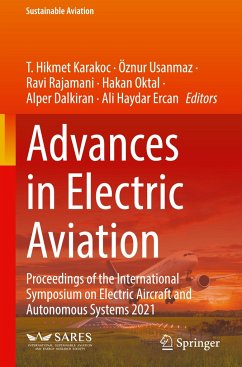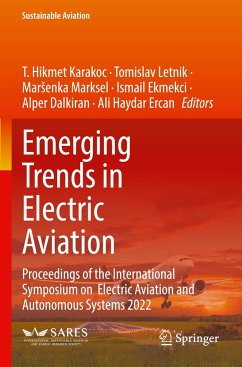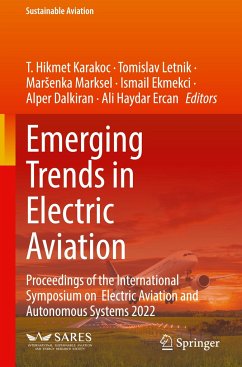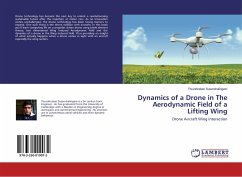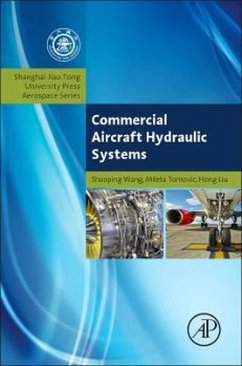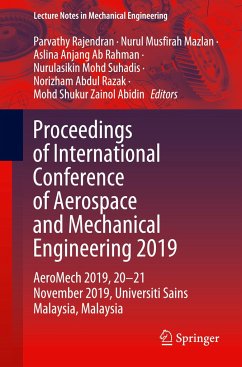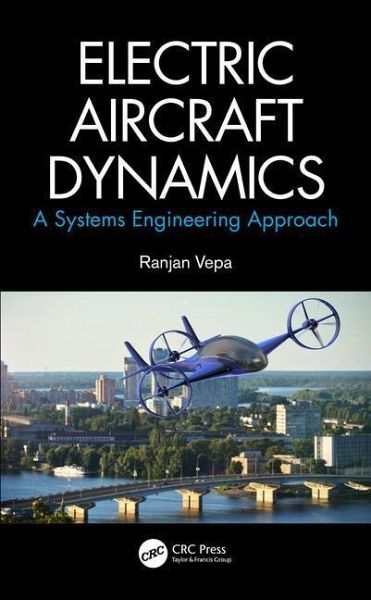
Electric Aircraft Dynamics
A Systems Engineering Approach
Versandkostenfrei!
Versandfertig in 6-10 Tagen
52,99 €
inkl. MwSt.
Weitere Ausgaben:

PAYBACK Punkte
26 °P sammeln!
Electric Aircraft Dynamics: A Systems Engineering Approach surveys engineering sciences that underpin the dynamics, control, monitoring, and design of electric propulsion systems for aircraft. It is structured to appeal to readers with a science and engineering background and is modular in format. The closely linked chapters present descriptive material and relevant mathematical modeling techniques. Taken as a whole, this ground-breaking text equips professional and student readers with a solid foundation for advanced work in this emerging field.Key Features:Provides the first systems-based ov...
Electric Aircraft Dynamics: A Systems Engineering Approach surveys engineering sciences that underpin the dynamics, control, monitoring, and design of electric propulsion systems for aircraft. It is structured to appeal to readers with a science and engineering background and is modular in format. The closely linked chapters present descriptive material and relevant mathematical modeling techniques. Taken as a whole, this ground-breaking text equips professional and student readers with a solid foundation for advanced work in this emerging field.
Key Features:
Provides the first systems-based overview of this emerging aerospace technology
Surveys low-weight battery technologies and their use in electric aircraft propulsion
Explores the design and use of plasma actuation for boundary layer and flow control
Considers the integrated design of electric motor-driven propellers
Includes PowerPoint slides for instructors using the text for classes
Key Features:
Provides the first systems-based overview of this emerging aerospace technology
Surveys low-weight battery technologies and their use in electric aircraft propulsion
Explores the design and use of plasma actuation for boundary layer and flow control
Considers the integrated design of electric motor-driven propellers
Includes PowerPoint slides for instructors using the text for classes







